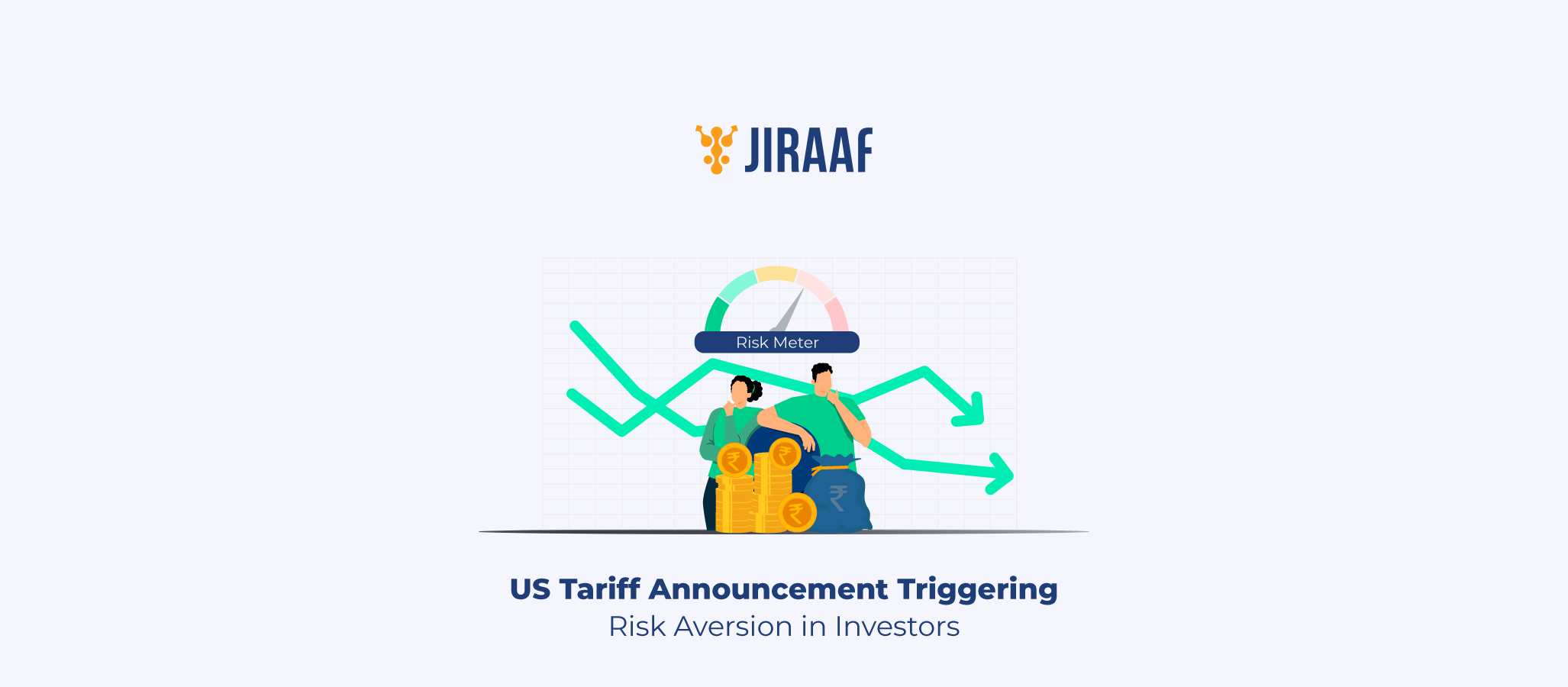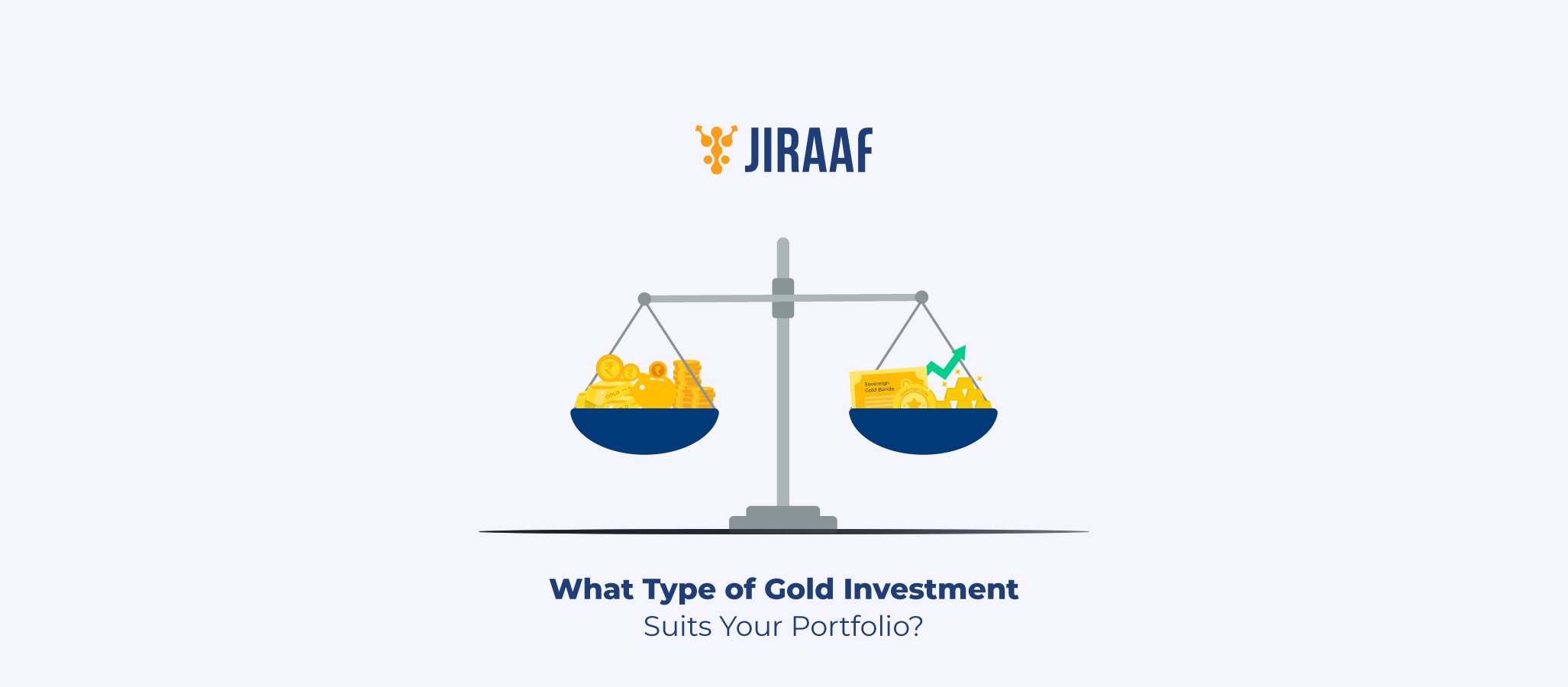The Union Budget 2024-25 brought with it several changes that are set to have a far-reaching impact on the Indian economy. One of the key areas impacted is the gold market, with the Government announcing a reduction in import duty on gold and a review of the Sovereign Gold Bond (SGB) scheme. Let us delve into the potential implications of these changes on the future of SGBs in India.
Understanding Sovereign Gold Bonds
Before we dive into the impact of the Budget, let’s briefly recap Sovereign Gold Bonds or SGBs.
Introduced in 2015, SGBs are Government-backed securities denominated in grams of gold. They offer a fixed interest rate and are linked to the price of pure gold. Thus, apart from the possible capital appreciation as in case of gold, additional interest income is also assured, making SGBs a lucrative proposition for people willing to invest in gold. When purchased in Demat form, the SGBs can also be traded or transferred. These bonds are a convenient way for investors to invest in gold without the physical hassles and risks associated with buying and selling gold or gold ornaments, as enumerated below.
- Additional expenses like hefty making charges in case of gold ornaments or coins and GST.
- Problems, costs and risks associated with storage and security of gold or gold ornaments.
- Purity concerns in case of gold and gold ornaments. Risk of buying spurious gold.
- Non realization of full value while selling physical gold. SGBs guarantee a price of gold of 999 purity.
- Brokerage and other charges while buying and selling units of gold ETFs and the spread between the buying and selling prices of digital gold.
However, SGBs are not as liquid an asset as physical gold. Till the last tranche, the gains from the SGB on redemption at maturity were exempt from tax, while for trading after one year, indexation benefit was available for computing long term capital gains.
The main objective of SGB scheme was to encourage people to shift their investment away from physical gold by offering them an attractive option, and in the long run, to reduce the current account deficit by reducing the country’s reliance on imports of gold for meeting the domestic demand.
Major Changes Affecting SGB in the Budget 2024-25
Import Duty Reduction on Gold
The reduction in import duty on gold from 15% to 6% is a significant move aimed at curbing smuggling and boosting the formal gold market. It also indicates a possible shift in the Government’s policies on curtailing the domestic demand of gold through import duty. While this is expected to benefit gold importers and jewelry retailers, its impact on SGBs is less direct.
Taxation Proposals
The Budget introduced changes in the taxation of SGBs, which will have a direct impact on investor returns:
- Indexation benefits removed: Earlier, long-term capital gains on trading of SGBs were indexed to inflation, reducing the tax liability. This benefit has been removed.
- Flat 12.50% tax on gains: Long-term capital gains on SGBs will now be taxed at a flat rate of 12.50% without indexation. However, for the SGBs purchased before the new policy effective date, the redemption on maturity through RBI buyback windows will not be subjected to capital gains tax.
These changes make SGBs somewhat less tax-efficient than before. However, it is important to note that the overall tax burden on SGBs will still be lower than that on physical gold. This is because in the case of physical gold, the holding period for considering the gains as LTCG is now 24 months whereas for SGBs it remains as 12 months. If physical gold is sold within 24 months, the gains will be taxed as per the investor’s income tax slab. But, if it is sold after 24 months, the gains will be taxed at a flat 12.5% which is in line with the tax on LTCG on other asset classes.
Proposed Review of SGB Scheme
Government’s decision to review the SGB scheme has sparked much speculation. The scheme’s future is under consideration, with a final decision expected in September 2024. The projections for gross receipts from SGB in the Budget have already been reduced. The Interim Budget on February 1 had projected Rs 29,638 crore in gross receipts through SGBs, which has been reduced to Rs 18,500 crore in the July Budget.
Several possibilities emerge from the Government’s review of the SGB scheme:
1. Continuation of the Scheme with Modifications:
The most likely scenario is that the Government will continue the SGB scheme with some modifications. Possible changes could include:
- Interest rate adjustments: The Government may tweak the interest rate offered on SGBs to make them more attractive to investors.
- Tenure changes: The current tenure of SGBs is eight years, with an exit option after the fifth year. The Government could consider altering this structure.
- Taxation changes: The Budget has already introduced changes in taxation for SGBs. But further scheme specific modifications cannot be ruled out.
2. Expansion of the Scheme:
Another possibility is that the Government might expand the SGB scheme to include new features or target a different investor base. For instance, it could introduce SGBs with shorter tenures or offer them through digital platforms to reach a wider audience.
Should You Invest in SGBs Now?
The decision to invest in SGBs depends on various factors, including your investment horizon, risk appetite, and tax bracket. While the recent changes in taxation have made SGBs less attractive than before from a tax perspective, they still offer several benefits:
- Government backing: SGBs are backed by the Government, making them a relatively safe investment.
- Hedge against inflation: Gold is traditionally considered a hedge against inflation, and SGBs offer exposure to gold without the physical risks.
- Fixed interest rate: SGBs provide a fixed interest rate, offering a steady income stream.
If you have a long-term investment horizon and are looking for a relatively safe and inflation-hedging option, SGBs can still be considered. However, it’s essential to weigh the pros and cons carefully and compare SGBs with other investment alternatives as well, before arriving at a decision.
Conclusion
The Sovereign Gold Bond schemes in India is expected to see changes with the Government currently reviewing the scheme. While the recent changes in taxation have made SGBs less tax-efficient, they still offer several benefits. Investors should closely monitor developments and make informed decisions based on their financial goals and risk tolerance.
Discover fixed income investments with Jiraaf, a SEBI registered online bonds platform that educates and brings access to a wide array of bonds. Sign up today to explore diversified fixed income investment opportunities to support your goal-based wealth creation journey. Start investing!




